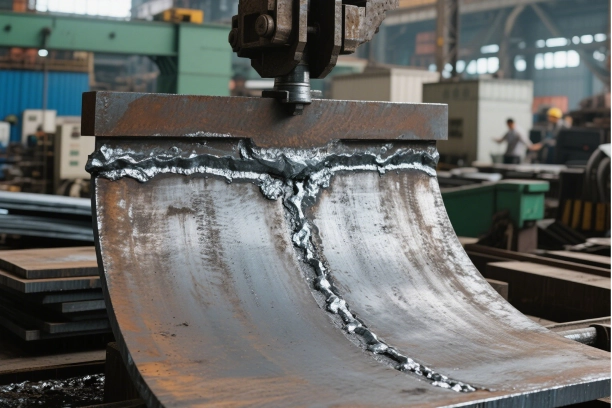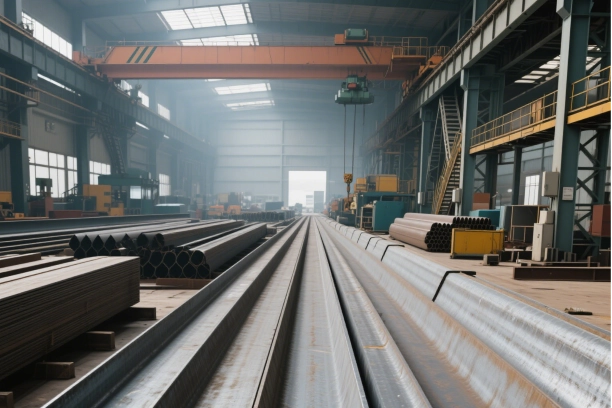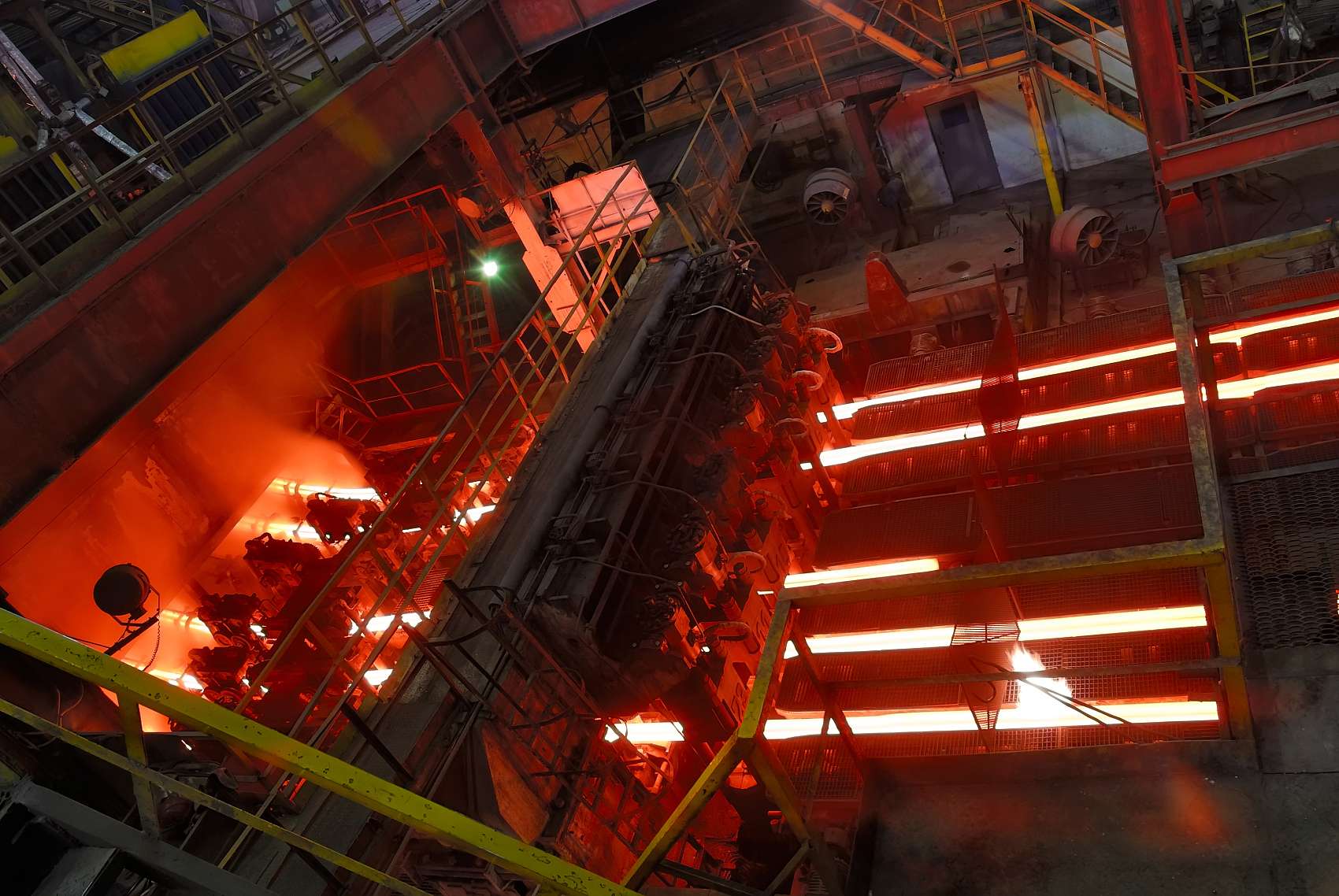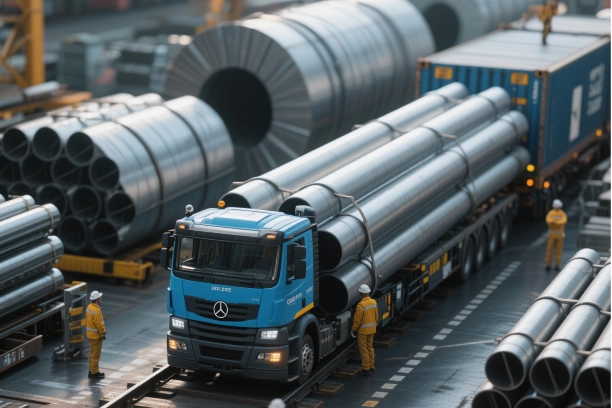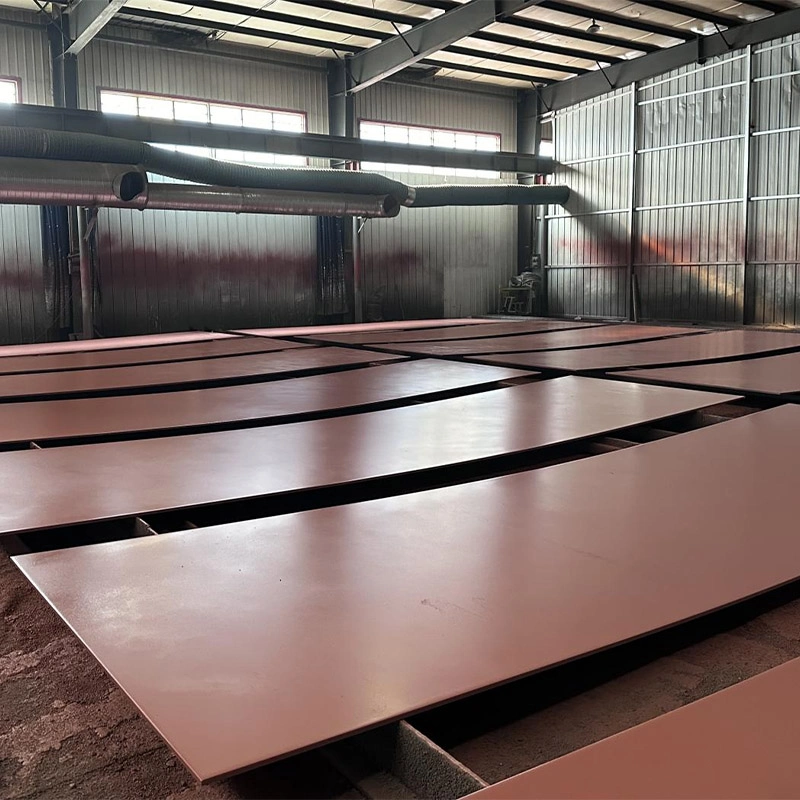Understanding Precision Blanking in Automotive Manufacturing
Definition and Process of Precision Blanking
Precision blanking is a method used in manufacturing to produce high-quality steel products with accuracy by cutting sheet metal precisely to achieve specific shapes and sizes efficiently. This technique is crucial in the industry, for making parts that meet strict quality and performance standards using modern equipment and techniques to ensure each component meets exact requirements while minimizing waste and improving efficiency.
Materials Used in Precision Blanking for Cars
In the realm of crafting cars and trucks, the manufacturing industry employs materials for cutting sheet metal for cars referred to as blank making; steel stands out as a top choice due, to its durability and versatility with high-strength steel alloys being preferred for their ability to withstand the demands of vehicle usage while maintaining structural integrity intact. Additionally, aluminum and advanced composites may also be considered based on the requirements of steel products. Selecting the material is crucial as it significantly influences the performance and safety of the final product.
Advantages of Precision Blanking for Automotive Parts
Enhanced Accuracy and Consistency
Craftsmanship with precision blankings brings an advantage in creating parts that exhibit exceptional accuracy and consistency—a critical element, in the automotive industry where minor deviations can greatly impact vehicle performance and safety regulations. Manufacturers employ tools and techniques to uphold strict tolerances for every part they make to guarantee smooth assembly and peak operational efficiency.
Cost Efficiency and Material Utilization
Precision cutting offers cost savings through maximization of material usage as well as reducing waste by optimizing the extraction of each part from the metal sheet to minimize leftovers and lower manufacturing costs. Additionally, the accuracy in cutting helps eliminate the need for processes like machining or finishing work thus saving time and reducing production expenses. The efficiency of precision cutting makes it an appealing option, for automobile manufacturers looking to optimize their resource utilization.
Impact on Automotive Performance and Safety
Contribution to Vehicle Structural Integrity
Making sure that a vehicle is sturdy is essential for how it performs and keeps passengers safe. The technique of precision blanking is important for making parts that help the vehicle structure. These parts must handle stress while maintaining their form and function. Precision blanking ensures sizing and top-notch quality to maintain the overall strength and stability of a vehicle frame. This is crucial for its control, on the road, resilience, and ability to endure collisions.
Influence on Vehicle Safety Features
Today cars depend a lot on safety features to work properly and protect passengers in the event of an accident or crash situation. Crafting components with cutting is essential in producing parts that seamlessly integrate with safety systems such as airbags and seat belts. When these pieces are crafted with precision and care they enhance the effectiveness of safety systems during accidents by safeguarding individuals inside the vehicle from harm. The reliability that comes from manufacturing builds confidence among customers, in the safety features of vehicles.
Our selection of steel items for the industry is supported by processing technologies that ensure precision and flexibility for various applications. We offer customized solutions using equipment such as cutting machines and stamp presses to cater to industry requirements. From producing blanks to manufacturing structural components our experienced team guarantees exceptional quality and performance, in all our products delivered.
Technological Innovations in Precision Blanking
Advances in Equipment and Techniques
The field of cutting has seen notable advancements in technology driven by the need for improved efficiency and cost-effectiveness in crafting cars with greater precision than ever before. Contemporary equipment now incorporates computer-controlled systems that enable operators to finely tune sheet metal shapes with precision. These systems allow for the creation of shapes with human intervention while reducing errors and enhancing consistency, in manufacturing processes.
Furthermore, laser cutting has become crucial in the production of materials. Lasers offer precision. Can effortlessly cut across various materials. This makes them ideal for producing parts required for applications. Moreover incorporating automation and robotics improves the manufacturing process by accelerating production timelines and maintaining levels of quality, in larger quantities.
Methods such as blanking have advanced by providing a means to produce parts with edges and accurate tolerances without the need, for extra finishing steps This advancement reduces material waste and ensures that components meet the strict quality standards established by the automotive industry.
Future Trends in Automotive Sheet Metal Processing
In the field of sheet metal processing industries, future advancements are anticipated to be impacted by upcoming innovations. The increasing adoption of Industry 4. 0 Technologies is a trend to keep an eye on as it integrates digitalization into manufacturing procedures. This involves utilizing intelligence (AI) and machine learning to optimize production metrics in real-time resulting in improved efficiency and reduced downtime.
Promispecial®: Leading the Way with Quality Sheet Metal for Cars
Promispecial® Sheet Metal for Cars
Promispecial® leads the way in cutting-edge advancements in sheet metal for cars. Promispecial® items are created with a dedication, to excellence using the latest technologies to address the changing requirements of the automotive sector. OEM automotive steel processing includes blank manufacturing and durable structural parts built to endure demanding operational conditions.
Promispecial® OEM automotive steel processing for the sector is backed by state-of-the-art processing technologies that guarantee accuracy and efficiency for a wide range of steel products. With equipment like slitting machines and stamping machines at our disposal, we provide tailor-made solutions to meet the needs of the automotive industry. Whether it’s precision manufacturing or producing large structural parts our skills ensure top-notch quality and performance, in every item we create. If you have any needs for Metal products, you can contact us for professional materials from us.
Innovation and Usage for Sheet Metal for Cars from Promispecial®
At Promispecial®, we understand that each component plays a vital role in vehicle performance and safety. As such, Promispecial® is dedicated to pushing boundaries through continuous research and development efforts aimed at enhancing material properties and processing techniques. By doing so, Promispecial® ensure that clients receive products that not only meet but exceed industry standards. It is introduced in Blog about Sheet Metal for Cars too. Promispecial® are dedicated to more than creating great products. Promispecial® also focus on sustainability efforts to lessen environmental footprint and ensure we operate efficiently while doing so. By teaming up, with others & investing in eco-friendly technologies we aim to support our customers and global sustainability objectives positively.
In summary, Promispecial® is dedicated to advancing innovation, in the field of car sheet metal processing by providing quality through precise engineering designed for the ever-evolving automotive industry of today.
FAQ
Q: What kind of sheet metal is used for cars?
A: In the sector, various types of steel are utilized such as stainless steel or high-strength steel, for constructing car body parts and engine components alike.
Q: What is the best sheet metal for cars?
A: Steel provides strength and affordability compared to aluminum metal sheets which are known for being lightweight and offering excellent protection against corrosion issues. Stainless steel stands out as a favored option due, to its robustness and ability to resist staining and rust formation.


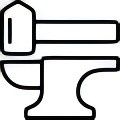
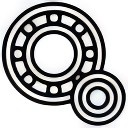

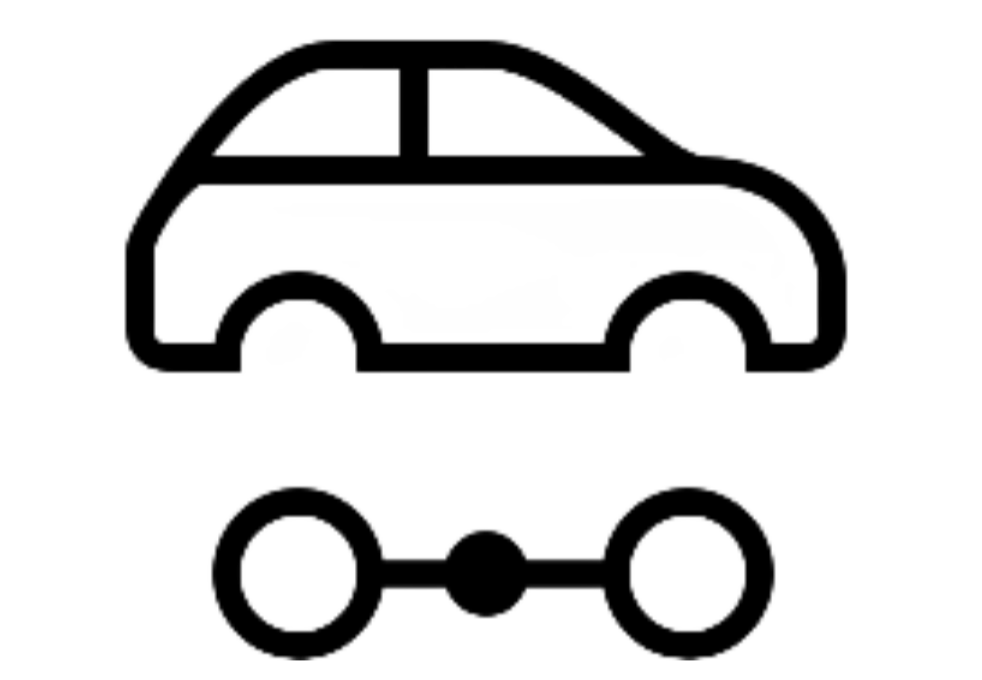
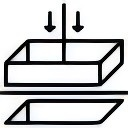


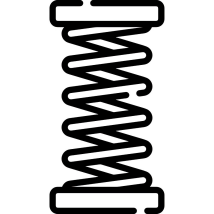





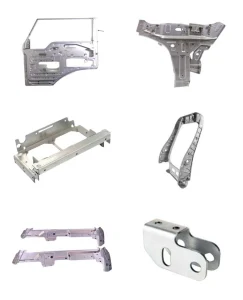
.webp)
